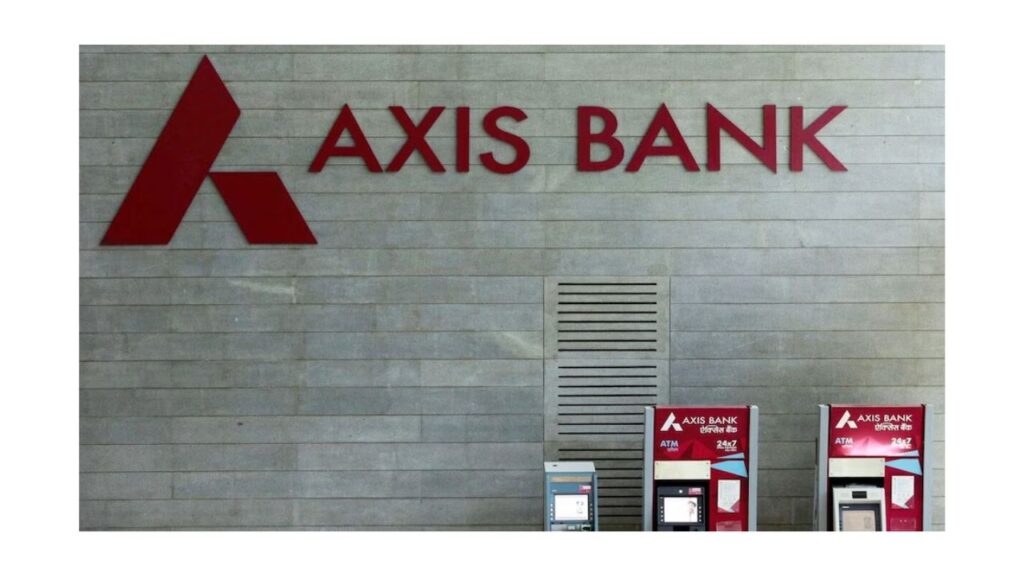In the quarter that concluded in June 2024, Axis Bank reported a net profit of ₹6,035 crore, an increase from ₹3,452 crore in the same period in the previous fiscal year. In the March quarter, the bank’s net profit was ₹7,130 crore, a 15% decrease.
Following the release of Axis Bank’s first-quarter FY25 earnings report, the private sector lender’s stock fell more than 5% in early trading on Thursday. On the BSE, Axis Bank shares dropped as much as 5.76% to ₹1,168.25 a share.
In the quarter that concluded in June 2024, Axis Bank reported a net profit of ₹6,035 crore, an increase from ₹3,452 crore in the same period in the previous fiscal year. In the March quarter, the bank’s net profit was ₹7,130 crore, a 15% decrease.
Year over year (YoY), net interest income (NII) increased to ₹13,448 crore in Q1FY25 from ₹11,959 crore, but net interest margin (NIM) decreased to 4.05% from 4.10% in the previous year.
The gross non-performing assets (NPA) ratio grew 11 basis points (bps) to 1.54%, while the net NPA ratio jumped 3 bps to 0.34%, indicating a weakening of the bank’s asset quality.
In addition to moderating costs (with the pain of the Citi merger now behind them), the bank’s management believes that the greater NPA generation was an anomaly and should trend down, which should help offset any pressure on margins and leveraged loans.
“Axis Bank reported a 10% loss in earnings, partially offset by lower opex and a higher LLP (0.9% of loans) as a result of more NPAs and slower recoveries. PAT and ROA were both lower. Anand Dama, Senior Research Analyst at Emkay Global Financial Services, stated, “Credit growth was relatively moderate, but better LDR, rising share of unsecured loans, and a one-time interest on IT refund helped Axis report flattish NIMs at 4.1%.”
Building on the Q1 loss and the growing chatter around unsecured loans and LLP, Enkay Global lowers its earnings expectations for FY25–27E by approximately 3%. Yet, it still anticipates the bank to record a strong return on assets of about 1.8%. The bank has passed an enabling resolution to raise equity capital to approximately ₹20,000 crore, which should keep RoE in check since CET 1 is less than 15%.
Emkay Global maintained a “Buy” recommendation on Axis Bank, with a ₹1,400 share target price.
Loan growth at Axis Bank was 14.2% YoY, compared to a 12.8% YoY increase in deposits.
Although brokerage firm JM Financial acknowledges the difficult deposit environment that is currently limiting development, it thinks Axis Bank’s liability franchise is steadily improving and should serve it well in the medium run.
JM Financial stated that it will take advantage of any significant correction to increase its exposure to the stock while maintaining its favorable position on Axis Bank shares. The brokerage firm kept its buy recommendation for Axis Bank stock at ₹1,375 per share.
Axis Bank’s stock was down 5.53% at ₹1,171.15 a share on the BSE at 9:25 a.m.
